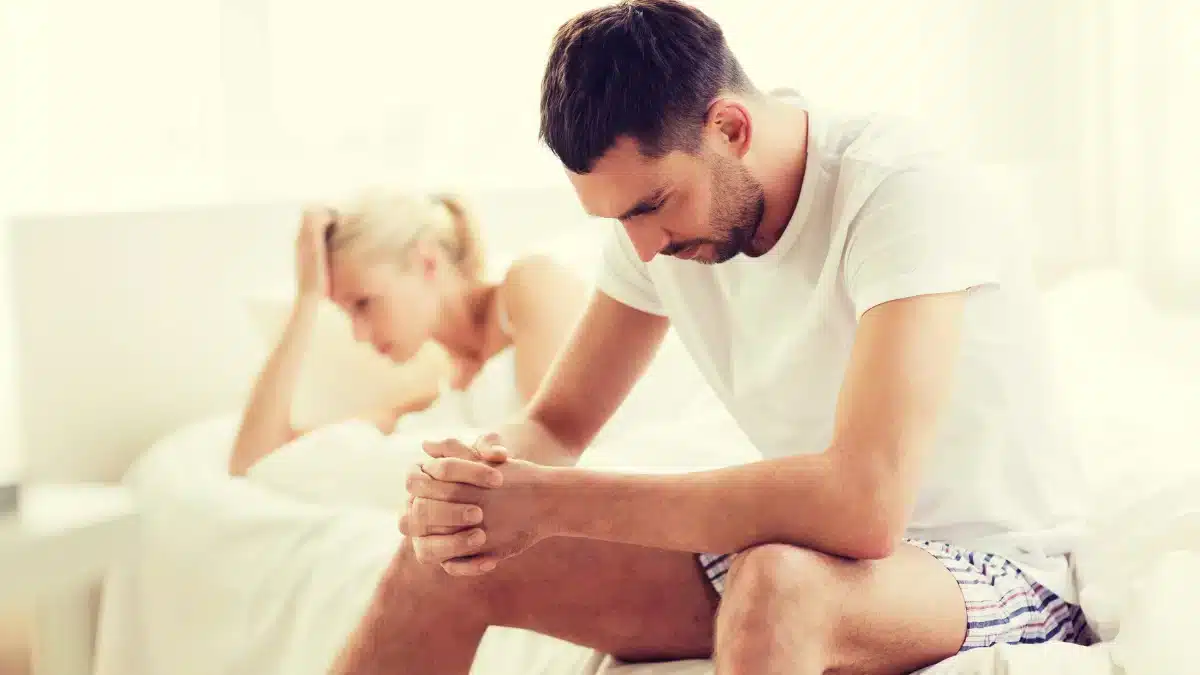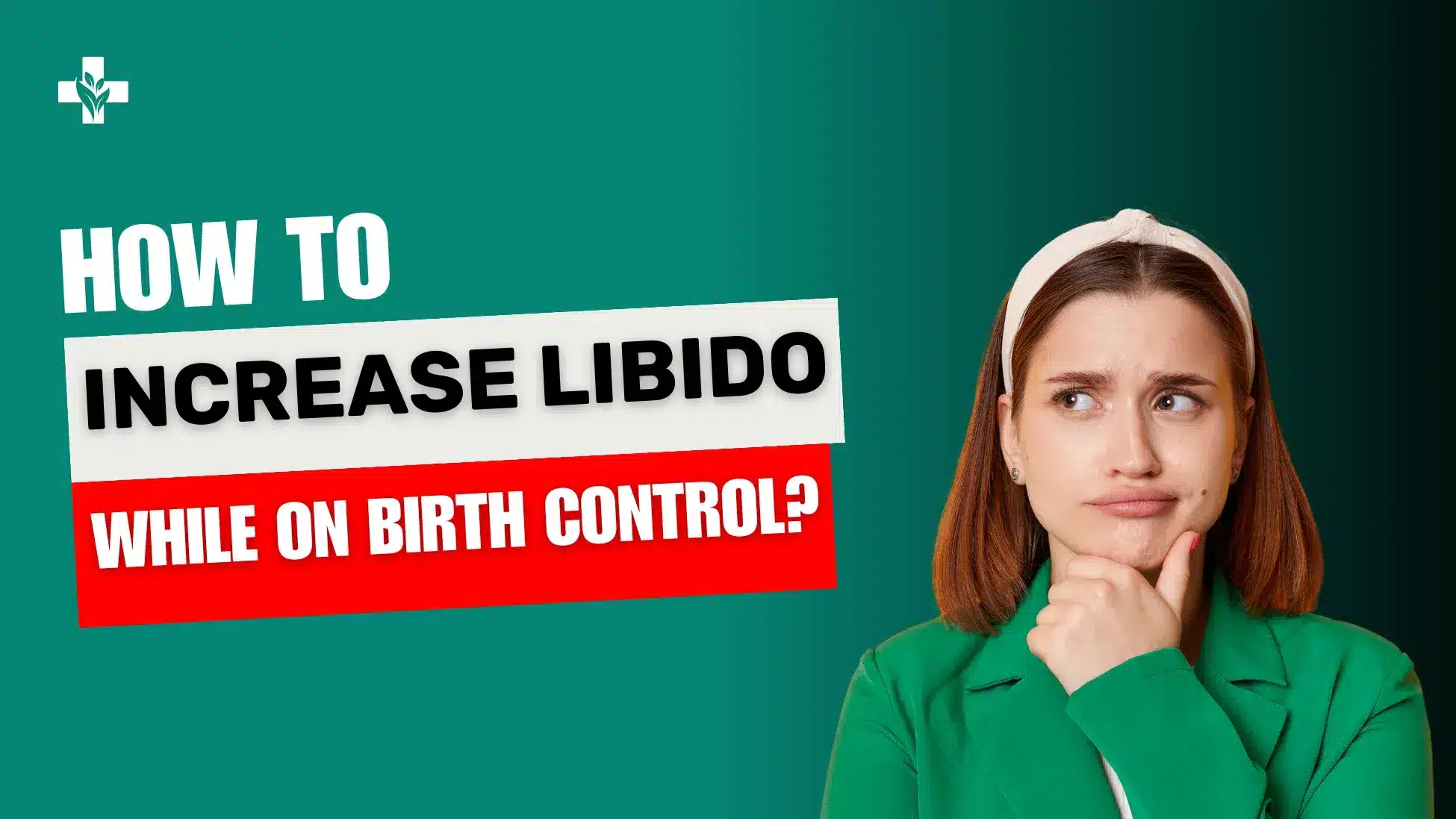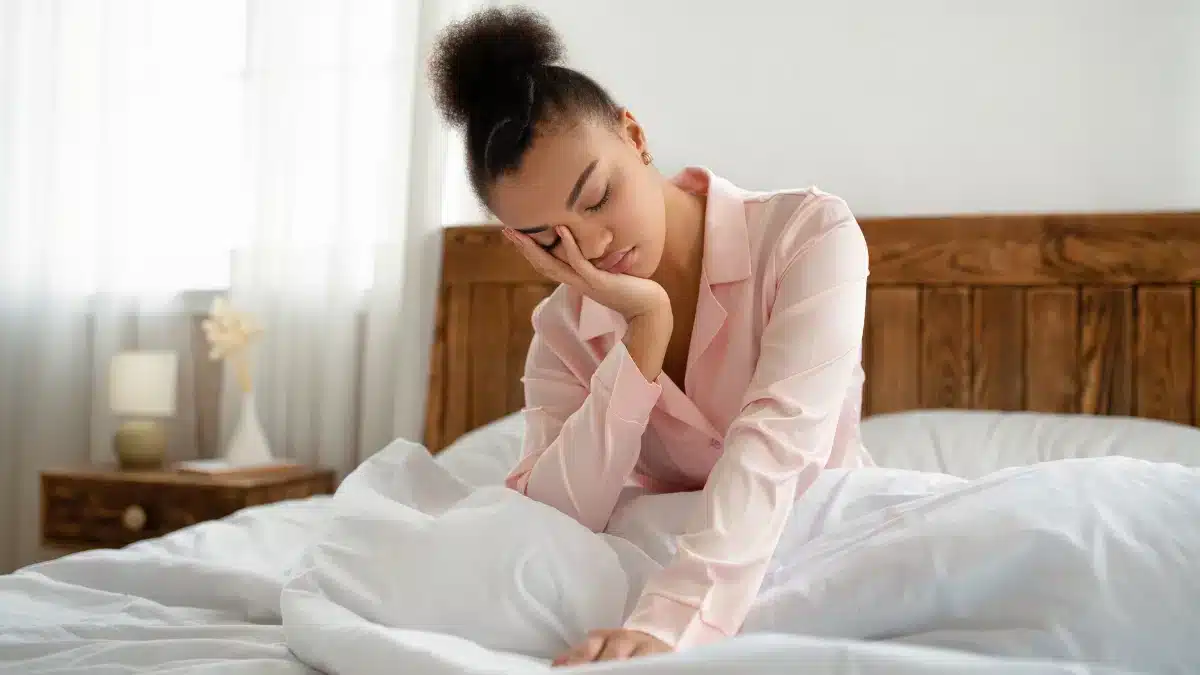Exploring Libido: Understanding Its Dynamics and Solutions
Libido is a term that is primarily used to describe the sex drive or a desire to have sex.
It is a complex phenomenon influenced by biological, psychological, and social factors.
Having a high or low libido becomes an issue only if it affects someone’s sexual function or quality of life.
Modern physicians recognize the importance of libido as one of the key indicators of general health and quality of life.
Read this insightful article to learn more about libido, what happens when you have a high libido, what happens when you have a low libido, its symptoms, causes, and everything else.
What is Libido
In the field of psychology, libido is referred to as an element of life instinct or the instinctive biological drive for sex.
In the world of medicine, libido can also be used to evaluate an individual’s sexual function, health concerns, or response to medical treatments.
Many confuse libido with sexuality.
In some cultures, men are encouraged and praised for a strong sex drive, while women may face judgment for the same desire.
Whether you are a male or a female, the identical neural and biochemical pathways are involved in a person’s sex drive and appetite.
This can lead to sexual arousal, causing physical responses like an erect penis or enlarged clitoris with lubricated labia.
Excessively high libido
When an individual experiences an excessively high libido, the inclination toward sexual intimacy and seeking pleasure, whether with a partner or through masturbation, becomes apparent.
Psychological factors associated with a fulfilling sex life can also contribute to various health benefits, such as better sleep, reduced stress, and improved mental health.
Having a strong libido is good, but if it feels too high and disrupts your daily life, it might indicate a hormonal, neurological, or mood imbalance, like hypersexuality.
Symptoms of an overly high libido
The following are some of the symptoms of excessively high libido:
- Preoccupation with sex: Your sexual desires take control over your behavior and thoughts
- Impact on daily life: When sexual desire begins to impact relationships, work, and overall well-being significantly
- Compulsive behavior: Engaging in sexual activities excessively and feeling unable to control or limit these behaviors
- Emotional distress: Feeling distressed or experiencing negative emotions related to sexual behavior
- Relationship issues: Misalignment of sexual desires with a partner, leading to conflicts or dissatisfaction
Causes of a high libido
Here are some factors that can contribute to an elevated libido:
- Changes in hormone levels, such as an increase in Testosterone, can lead to an increase in libido
- Medications and recreational drugs such as cocaine or Methamphetamine might increase libido
- Dementia affects brain areas related to sexual behavior, potentially leading to increased libido
- Increased levels of the mood-regulating neurochemical Dopamine
Treatment for overly high libido

Treatment for an overly high libido, also known as Hypersexuality or Compulsive Sexual Behavior, may involve a combination of therapies.
Following are some of the ways:
- A sex therapist can help individuals identify and address underlying psychological issues that may be contributing to their high libido
- Cognitive-behavioral therapy (CBT) and other forms of talk therapy can help individuals develop coping strategies and learn to manage their sexual impulses
- Medications such as antidepressants or anti-androgens may also be prescribed to help reduce sexual desire
Making lifestyle adjustments like exercising regularly, using stress reduction techniques, and steering clear of triggers can aid in managing compulsive sexual behavior.
Low Libido
Low libido arises when you experience a low sex drive or a decrease in sexual desire.
It is a common thing that could be temporary or long-term.
Libido naturally varies from individual to individual and might fluctuate throughout your life.
Seek guidance from your doctor if a decrease in libido is causing you distress.
How often does low libido happen
Low libido, or low sex drive, is a common issue. It impacts up to 1 in 5 men and even more women at some point in their lives.
Experiencing a decrease in sex drive more than once in your lifetime is also quite common.
Symptoms of low libido
The primary symptom of low libido is a reduced interest in sex compared to your usual desire.
Other symptoms of low libido are as follows:
- Lack of interest or reduced interest in any form of sexual activity, including masturbation
- Experiencing a decline in sexual fantasies or thoughts about sex
- Emotional distress or relationship problems due to a decrease in libido
- Decreased frequency and intensity of sexual desire
Causes of low libido
A decline in your libido can occur due to multiple reasons, involving factors such as:
Hormonal changes
Fluctuations in hormone levels, particularly Testosterone, can impact libido in both men and women.
Testosterone significantly impacts males as it plays a role in sperm production, sexual function, and secondary male traits like facial hair and increased muscle mass.
Females may also feel a drop in sexual desire due to low Testosterone. However, for many, the main problem is decreasing Estrogen levels that come with aging.
Stress and exhaustion

Stress and exhaustion play a major role in lowering libido.
Stress from work, family life, or in general, can affect your sex drive.
Consistent stress can disrupt your hormone levels, leading to a decrease in libido.
The ongoing strain on your body from chronic stress may affect the balance of hormones, contributing to a reduced interest in sexual activities.
Depression and anxiety disorders
Having low self-esteem, feeling hopeless, and experiencing physical fatigue can decrease your libido.
Depression further disrupts the balance of neurotransmitters that regulate your sex drive.
Anxiety can raise Cortisol (the “stress hormone”), which, in turn, may lower the sex hormones affecting your sex drive.
Relationship issues with your partner
Troubles with your partner, like communication, trust, or intimacy issues, are common reasons for a lower sex drive.
Couples often experience a natural decline in sexual desire as their relationship progresses.
Side effects from medicines
Certain medications like antidepressants, antipsychotics, chemotherapy drugs, and blood pressure medications may lower your sex drive due to their side effects.
History of sexual trauma
Past experiences of sexual trauma, like harassment, abuse, or rape, can affect your sexual desire.
A decline in your libido could be a sign of an underlying health issue.
If it is causing you distress, get in touch with your doctor at the earliest.
Treating low libido

Treatment for low libido depends on the underlying cause. Here are some common treatments for low libido:
- Coping with stress: Manage stress by using techniques to handle life challenges better. These methods can help prevent or alleviate stress-related symptoms, including low libido. Coping may include activities like journaling, exercising, meditating, and self-care
- Adjusting medication: If a medication is causing low libido, your healthcare provider may suggest some other medication
- Education and communication: Understanding sex and discussing your needs with your partner can ease concerns about sexual function, overcoming barriers to a healthy sex life
- Hormone therapy for Menopause: Hormone therapy (HT) increases hormone levels, alleviating menopausal symptoms like low libido. The main types are Estrogen therapy and Estrogen-Progesterone/ Progestin hormone therapy (EPT)
- Low Testosterone hormone treatment: Low Testosterone (Male Hypogonadism) is addressed with testosterone replacement therapy. This therapy comes in various forms, such as pills, creams, injections, and patches
- Sex therapy: Therapists, whether psychologists, doctors, or healthcare professionals, specialize in aiding individuals dealing with sex-related issues. Getting in touch with sexual experts can help you aid this issue
Conclusion
In summary, libido, the complex interplay of biological, psychological, and social factors, represents the degree of sexual desire, which can be high or low.
Excessive libido may lead to pleasure-seeking behaviors, impacting daily life.
Conversely, low libido, a common concern, arises from various causes like hormonal changes, stress, or medication side effects.
Recognized as a key indicator of overall health, addressing libido imbalances involves tailored treatments.
From therapy and medication for high libido to stress management and hormone therapy for low libido, seeking professional guidance ensures a holistic approach to sexual well-being.
Remember, a doctor’s advice is pivotal for effective and personalized solutions.
Frequently Asked Questions
What is libido?
Libido refers to an individual’s sexual desire or sex drive, shaped by biological, psychological, and social factors. It can be classified as either high or low, influencing overall sexual well-being.
How do I know if I have a high libido?
Signs of high libido include a strong preoccupation with sexual thoughts, a significant impact on daily life, engaging in sex excessively, emotional distress, and potential conflicts in relationships due to misaligned desires with a partner.
How do I know if I have a low libido?
Reduced interest in sex, lack of interest in sexual activities, decline in sexual fantasies, emotional distress or relationship issues, and a decrease in the frequency and intensity of sexual desire are common indicators of low libido.
How can I treat my libido?
Treatment for libido depends on the cause. Coping with stress, adjusting medication, education and communication, hormone therapy for Menopause or low Testosterone, and sex therapy are common approaches. Consulting a healthcare provider is crucial for tailored solutions.
WowRx uses only high-quality sources while writing our articles. Please read our content information policy to know more about how we keep our content reliable and trustworthy.






